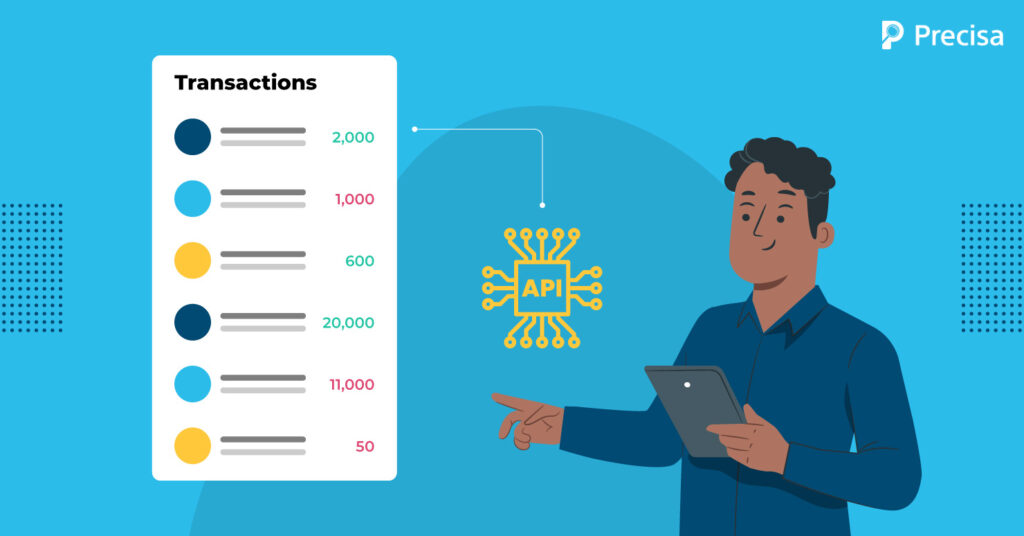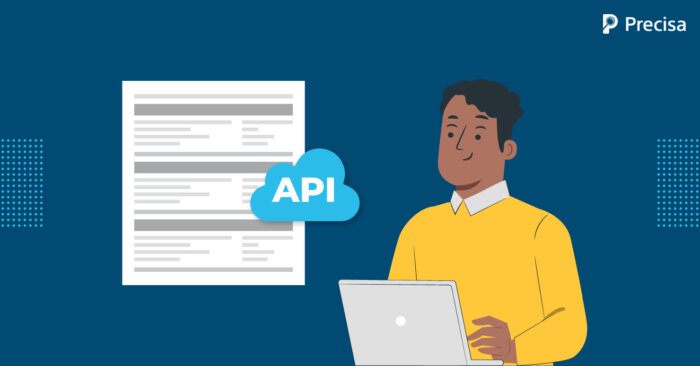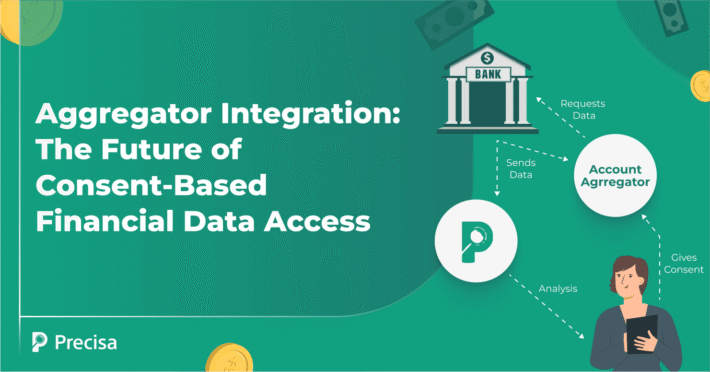Overcoming 10 Challenges in Integrating API to Get Bank Transactions

Application Programming Interfaces (APIs) integration has become crucial for frictionless communication and data sharing between various systems in today’s quickly expanding digital ecosystem. Implementing API connectivity for bank transactions within the banking industry is a game-changing move towards boosting productivity, increasing consumer experiences, and opening up fresh doors for innovation. However, this procedure is not devoid of difficulties. To effectively deploy and integrate API to get bank transactions, banks must overcome several challenges, such as traversing rigorous security regulations and assuring data correctness and dependability. This article examines banks’ main challenges while implementing API to get bank transactions.
What is API to Get Bank Transactions?

An API, or application programming interface, allows a third-party application to use a specific interface to gain access to a standard set of tools or services.
This enables a bank to offer unique APIs allowing other parties to access its client services in banking. Bank transaction APIs provide safe integration, quick data transmission, and communication between bank and client servers to retrieve data for a specific account.
Typically, the API to get bank transactions offered by a financial institution may be used to obtain bank transactions programmatically. However, it’s crucial to remember that each bank could have a unique API implementation. Thus the approaches and endpoints might change from time to time.
10 Challenges in Implementing Integration of API to Get Bank Transactions and Their Solutions
Here are some typical challenges and solutions to overcome them:
1. Security and Compliance
Customers’ data must be kept secure and private since banks operate in a highly regulated environment. To prevent sensitive data from being accessed by unauthorised parties, breaches, or data leaks, the integration of API to get bank transactions must be implemented with strong security measures.
For secure communication, banks must ensure the API adheres to industry-standard security standards like HTTPS, OAuth, or JWT. To safeguard sensitive data, banks must use effective authentication and authorisation systems.
Additional challenges can be overcome by complying with industry standards and laws, the General Data Protection Regulation (GDPR), and the Payment Card Industry Data Security Standard (PCI DSS). Banks must adhere to stringent rules and compliance requirements and ascertain that API integration conforms to the required laws and adheres to these criteria.
Moreover, banks must be informed of the most recent compliance regulations and make any alterations to the integration that may be required.
2. Data Accuracy and Reliability
For every bank, reliable data is essential. Data integrity and reliability are crucial challenges when using API to get bank transactions. Transactional data discrepancies, incomplete records, or reconciliation issues eventually influence decision-making procedures.
To ensure the reliability and consistency of the retrieved bank transactions, it is crucial to implement the proper data validation and cleansing processes.
The data structures and formats used by various banks may differ. Banks must ensure that the API integration accommodates these variations and carry the essential data transformations and mapping to guarantee system compatibility. They should also assess the data needs of the source and destination systems.
3. Scalability and Performance
Performance and scalability of API integration become crucial concerns as the number of bank transactions increases. To give customers a flawless banking experience, it is crucial to ensure that the APIs can manage heavy transaction volumes without suffering from severe latency or unavailability.
Consider scalability and performance when designing the integration of API to get bank transactions. Banks must be able to scale their infrastructure and systems as transaction volumes rise over time.
Optimise API calls and caching techniques to reduce needless data transfers and increase response times. Run a load test on the integration to find any bottlenecks and adjust your optimisation.
4. Vendor Selection and Collaboration
To enable the integration of API to get bank transactions and improve their service offerings, banks frequently work with outside vendors or fintech partners. Before choosing one, a thorough assessment of a vendor’s technical abilities, security procedures, reliability, and scalability is necessary.
Establishing efficient communication channels and collaborative procedures is essential to guarantee seamless integration and continuous support.
5. Standardisation and Interoperability
Working with several APIs from various financial systems, each with its own set of standards, protocols, and data formats, regularly challenges banks.
Achieving smooth interoperability across these many systems can be challenging, necessitating creating and observing industry-wide standards like Open Banking APIs or ISO 20022.
Banks can benefit from standardisation initiatives by streamlining integration procedures, lowering complexity, and increasing overall effectiveness.
6. Monitoring and Error Handling
Monitoring and error management are essential to integrating API to get bank transactions. Both should be done continuously. Banks must set up reliable monitoring tools for real-time detection of anomalies, mistakes, or performance bottlenecks.
A high degree of service availability is maintained, and bank transactions are minimised through extensive error-handling processes and protocols.
7. Continuous Integration and Agile Development
Agile and iterative development methodologies are essential for successfully deploying API integration. Banks must implement a continuous integration and deployment approach to quickly iterate and enhance the integration process.
This approach makes adjusting requirements easier, rapidly identifying issues, and adding new features and capabilities to meet changing customer demands.
8. Data Privacy and Consent Management
Retrieving bank transactions using APIs entails managing sensitive client data, which is why consent management is important. Banks must follow privacy laws and regulations, including getting customers’ express permission before releasing their data.
Maintaining customer trust and upholding privacy requirements requires implementing effective consent management tools and establishing data privacy policies.
9. Testing and Validation
Rigorous testing and validation procedures are necessary to ensure retrieved bank transactions’ reliability and correctness. Banks must implement thorough testing frameworks that include performance, security, integration, and functional testing.
It is crucial to evaluate the integrity of the acquired data and ensure that it corresponds with the predicted results to prevent errors, inconsistencies, and significant financial risks.
10. Change Management and Organisational Culture
Integrating API to get bank transactions frequently calls for major transformation regarding change management and organisational culture. To make room for the new integration strategy, it’s necessary to alter the IT infrastructure, procedures, and workflows that are currently in place.
Strong change management techniques, such as good communication, training, and stakeholder involvement, are necessary to embrace such change. Implementation success depends on addressing change resistance and developing an innovative and collaborative culture.
Final Note
There are several difficulties in implementing API to get bank transactions, including security, legacy systems, data quality, vendor collaboration, performance, and compliance.
However, banks may realise the revolutionary potential of API integration by addressing these issues through standardisation, change management, monitoring, regulatory compliance, continuous integration, and thorough testing.
Adopting these technologies makes innovative financial services, greater efficiency, and seamless communication possible. Banks may effectively overcome these difficulties and embrace the future of banking by collaborating, utilising the proper strategies, and utilising the right technology.
Precisa is a hassle-free modern solution with all the answers for banking complications. It offers a scalable API for advanced credit analytics. Precisa also has a slick interface and an extensive API to manage end-to-end financial operations effortlessly.
If you’re ready to embrace banking transaction APIs, Precisa can be the right start.
Opt for Precisa’s FREE trial today!



